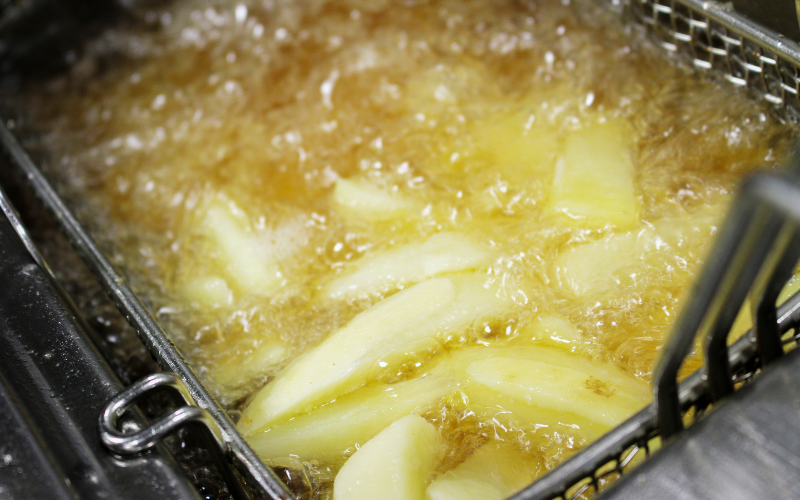
Fats, oils, and grease (FOG) are essential for the operation of many restaurant kitchens. Without cooking oil and grease, restaurants would not be able to deep fry or grill the foods they serve to perfection. However, restaurants that use cooking oil have a responsibility to manage the use, storage, and disposal of cooking oil and grease.
Using fresh cooking oil is necessary to give fried foods their crispy texture. The same oil can be used for several frying cycles before it starts to darken and become burnt. The degradation of the cooking oil affects the quality of fried foods as they become greasy and less crispy.
For restaurants to ensure the quality of their fried foods, they must replace the cooking oil as soon as it starts to degrade. Restaurant staff are responsible for removing the degraded cooking oil and ensuring it is properly stored for disposal. The disposal methods for used cooking oil (UCO) vary between restaurants, and some of these disposal methods are less than ideal. It is important for restaurants to use responsible management practices to handle and dispose of the UCO.
The following is a guide to what restaurants should and should not do with their used cooking oil.
What do restaurants do with grease (but should not)?
Some of the grease is poured down the sink, which leads to plumbing issues and problems with the sewer line. Restaurant grease might still end up in the sewer via the dishwasher. Grease scattered on the floor winds up falling through the restaurant floor drains.
Sanitary sewer overflows are the unfortunate outcome of pouring or washing grease down the restaurant kitchen sink. The liquid grease eventually solidifies and narrows the sewer pipe’s internal opening. The pipes will clog and cause sewer backups into the restaurant, storm drains, or streets.
There are many dangers of sanitary sewer overflows. Nearby lakes, rivers, and streams become polluted with grease. Backups into the restaurant produce foul odors that repel customers; consequently, impacting business. Plus, overflows release bacteria and viruses, increasing public health risks.
While the environmental hazards of sanitary sewer overflows are evident, restaurants that engage in the unlawful practice of dumping grease down the sewer will suffer further. Restauranteurs can potentially face heavy civic fines or even business closure if they are found responsible for sanitary sewer overflows.
Grease dumpsters are an environmentally friendly way to dispose of kitchen grease. These receptacles are designed to hold leftover greases and oils. Usually, the grease dumpsters are located behind the restaurant or in the vicinity of the building’s parking lot.
The kitchen staff transport the used grease to the dumpster on a daily basis. The danger of grease dumpsters is that the containers can crack and allow grease to seep out. Rainfall can then wash down the uncontained grease into storm drains—which causes environmental issues.
Avoiding unnecessary grease seepage can be readily accomplished by scheduling regular grease pickups with a cooking oil collection company. Vacuum trucks are dispatched once a week or monthly (depending on the size of the restaurant) to collect the old grease from the receptacle.
Used cooking oil is a hot commodity that can net crooks several dollars per gallon. Restaurants can lose millions of dollars through grease thefts by letting it accumulate in dumpsters. These thefts are estimated to be responsible for the loss of up to $75 million worth of used cooking oil each year. Additional millions of dollars in damages are lost to locking grease dumpsters
What are restaurants advised to do with grease?
Used grease is valuable and can be turned into renewable fuels and animal feed. Restauranteurs must properly dispose of old cooking oil in order to benefit. Daily actions on the part of kitchen staff can keep grease out of the sewer and out of the hands of grease thieves.
The most important part of correct grease disposal is to throw the liquid into grease collection bins—and not down the drain. Scrape scraps of greasy foods off plates before placing the dishes into the dishwasher. Only non-greasy foods may be safely thrown down the garbage disposal.
Absorbing fallen grease droplets from the floor via paper towels ensures the mess will minimize the likelihood of the grease ending up down the drains. Drain screens installed in the sinks prevent grease and greasy food particles from clogging the restaurant pipes.
Relying on scheduled pickups from a grease collection company is the number one recommended method for disposing of used grease. These companies transform the grease through a process of heating, high-pressure steam, filtering, and purifying. The processed grease is turned into renewable fuels.
Grease collection companies also serve restaurants by providing grease trap maintenance. Grease traps should be pumped out regularly to ensure the old grease does not accumulate in the sewer system. These devices function only when they are properly installed and regularly maintained.
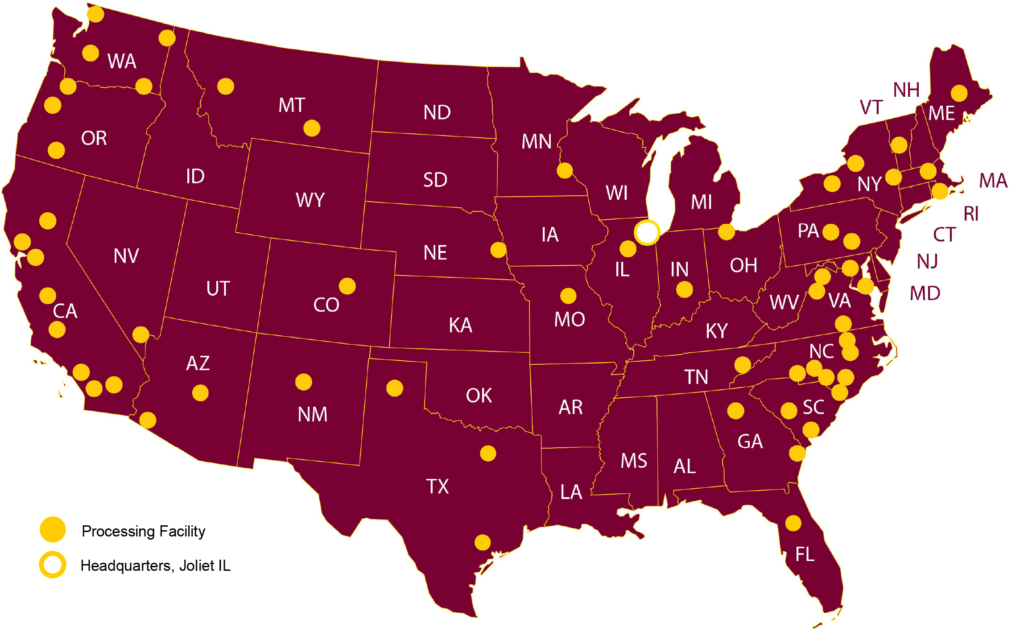
Used Cooking Oil Pickup and Recycling from Mahoney
Restaurant owners frequently dealing with grease can benefit from partnering with a reputable grease collection and recycling company like Mahoney Environmental. Our cooking oil recycling programs are designed to meet the specific requirements of restaurants while also protecting the environment.
To help prevent theft and maintain the safety of your kitchen, schedule regular used cooking oil pickups with Mahoney Environmental. We offer convenient monitoring of your UCO with our online oil usage system which allows us to schedule timely cooking oil collection.
Mahoney Environmental provides comprehensive cooking oil related services to accommodate the needs of modern restaurants. Through our Preferred Oil Program, restaurants can easily schedule UCO pickups, deliveries of fresh cooking oil, and grease trap cleaning and maintenance services. We can also work with restaurants to design and install grease traps and cooking oil handling equipment, including UCO storage containers.
Restaurants working with Mahoney Environmental can reduce their frying costs, improve kitchen safety, and help protect the natural environment. Call us at 800-892-9392 to schedule your restaurant’s next cooking oil pickup.
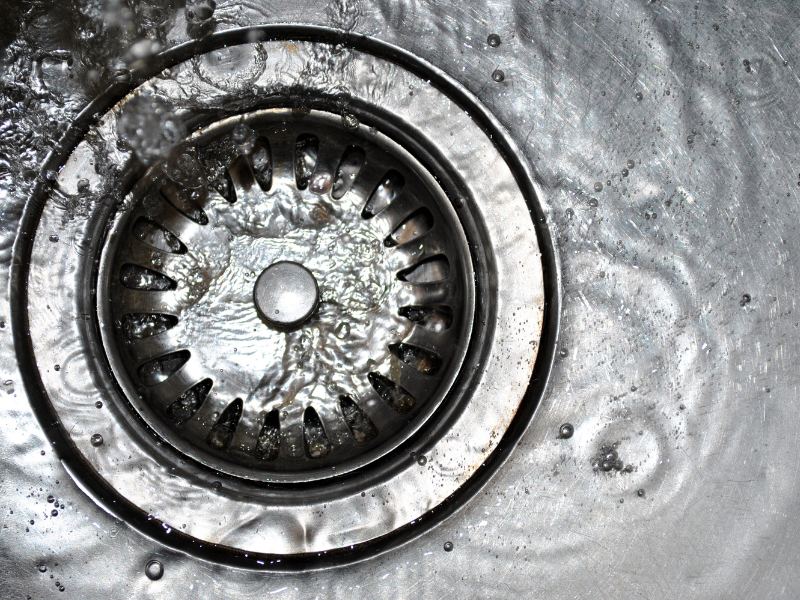
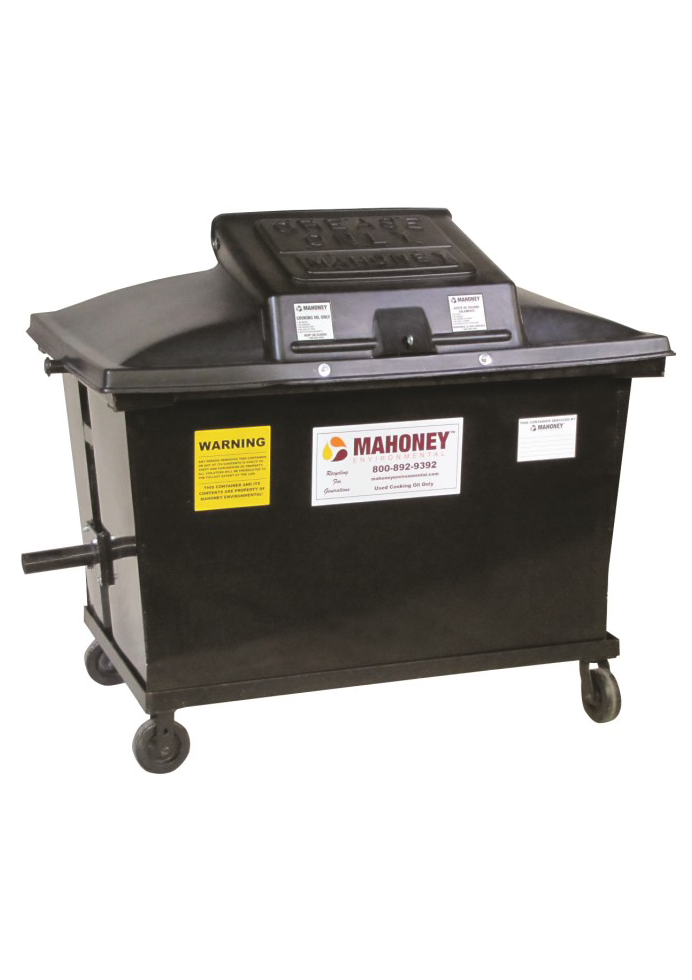
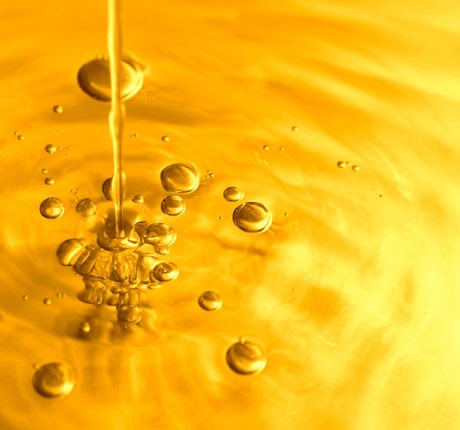
 Call Us Now (800) 892-9392
Call Us Now (800) 892-9392